News
New health guidelines for festive period: CMLS questions govt. claims

By Rathindra Kuruwita
Director General of Health Services Dr. Asela Gunawardena told the media yesterday that a new set of guidelines had been formulated for people to follow during the Sinhala and Tamil New Year.
Dr. Gunawardena said that there was a possibility that a third wave of COVID-19 happening unless precautions were taken.
“The Sinhala and Tamil New Year is around the corner. During the last few weeks we saw a lot of people shopping. Shops are packed and most are not following the health guidelines.”
Dr. Gunawardena said that while it was impossible for the government to control such gatherings; it would issue guidelines and health officials would enforce them.
“These guidelines will brief people on what to do if they want to have an event to mark the Sinhala and Tamil New Year, what kind of games could be played, etc.”, he said.
President of the College of Medical Laboratory Science (CMLS) Ravi Kumudesh told The Island yesterday that the Health Ministry was taking decisions without proper data. Moreover, a number of senior health officers had been compelled to leave the campaign against COVID-19 and they had been replaced with some junior officers.
Kumudesh said the exodus of capable and experienced professionals would jeopardise the campaign against the spread of the coronavirus.
“Ultimately, the President has to be consulted on every decision. The state labs can do 25,000 PCR tests a day, but fewer than 4,000 are done now. We have been asking the government to provide 10 buses so that we can start mobile PCR testing units, but even after a year the government has not heeded our request. We have the best PCR lab at the BIA, with equipment worth over Rs. 100 million but not a single tourist is tested there. All the samples are sent to private labs, which make a killing.”
Kumudesh said while the campaign against COVID-19 was crumbling; the general public was given the wrong impression that the pandemic was under control and that the number of infections was decreasing naturally.
“People think they are safe. They have also been nudged to celebrate the New Year. The government has been telling us that there is a significant drop in new cases and now people think that the virus is going away. However, when we look at the world, we see that the virus is mutating.”
The CMLS chief said that the variant that originated in England was prevalent in Sri Lanka and that there was a possibility that even the South African variant had arrived in the country.
News
“Investments in Professional Education Are Investments in Institutional Strength and National Progress” – PM
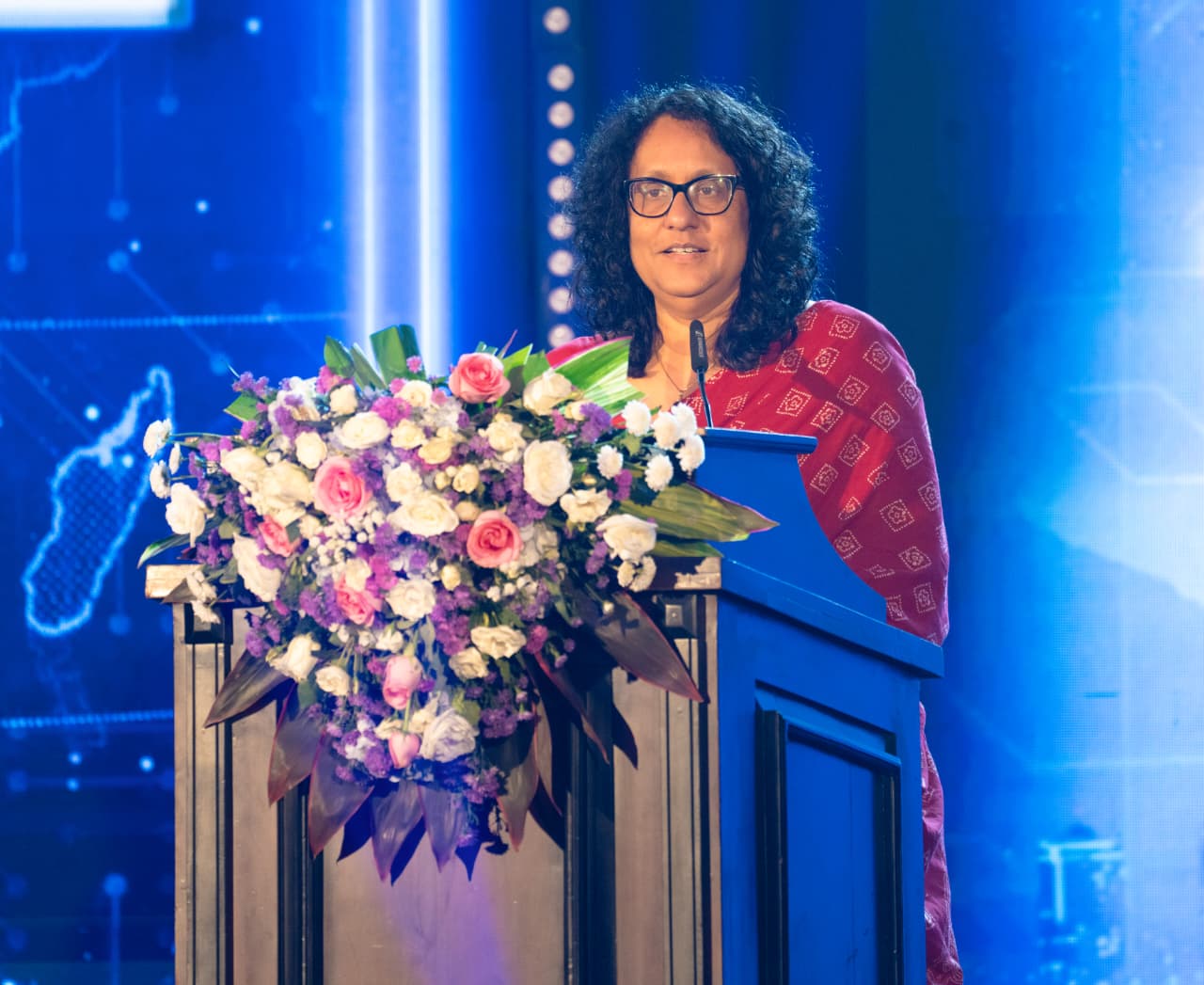
Prime Minister Dr. Harini Amarasuriya stated that strengthening Sri Lanka’s professional education framework and aligning it with internationally recognised standards is essential to building a skilled, ethical, and globally competitive workforce.
The Prime Minister made these remarks while addressing the official launch of the QS-accredited Chartered Qualification in Human Resource Management (CQHRM) at SCQF Level 11 (New Syllabus), organised by the Chartered Institute of Personnel Management (CIPM) Sri Lanka under the theme New Heights of Recognition. The event was held on Wednesday, 18 February at the Cinnamon Life, Colombo.
Emphasising the importance of expanding professional and vocational education pathways, the Prime Minister stated:
“This is of crucial importance to us in broadening our educational pathways and opportunities. We need to increase access to education that is globally recognised and that offers multiple pathways in professional and vocational fields. This aligns closely with the reform process we have initiated in the education sector and with our commitment to lifelong learning where individuals can work and learn at the same time, and where education is not limited to a particular age group but continues throughout life.”
Highlighting Sri Lanka’s national priorities, the Prime Minister further observed:
“At a time when Sri Lanka is focused on economic recovery, institutional reform and sustainable growth, the need for competent and ethical human resource leadership is clear. A competitive economy depends not only on investment and infrastructure but also on skilled professionals who can lead institutions effectively.”
The Prime Minister noted that the QS accreditation of the CQHRM qualification strengthens international recognition of Sri Lankan human resource professionals, enhances professional progression pathways, and reinforces confidence in the country’s professional education system. She also underscored the role of human resource leadership in advancing equity and inclusion within workplaces, including fair recruitment practices, safe working environments, leadership development for women, and inclusive policies for persons with disabilities and neurodivergent individuals.
Addressing the future of work, the Prime Minister stressed the importance of preparing for rapid technological transformation, including the growing impact of artificial intelligence on industries and workforce management, encouraging institutions to proactively adapt to emerging demands.
The event was attended by Deputy Minister of Industry and Entrepreneurship Development, Chathuranga Abeysinghe, along with other distinguished guests.
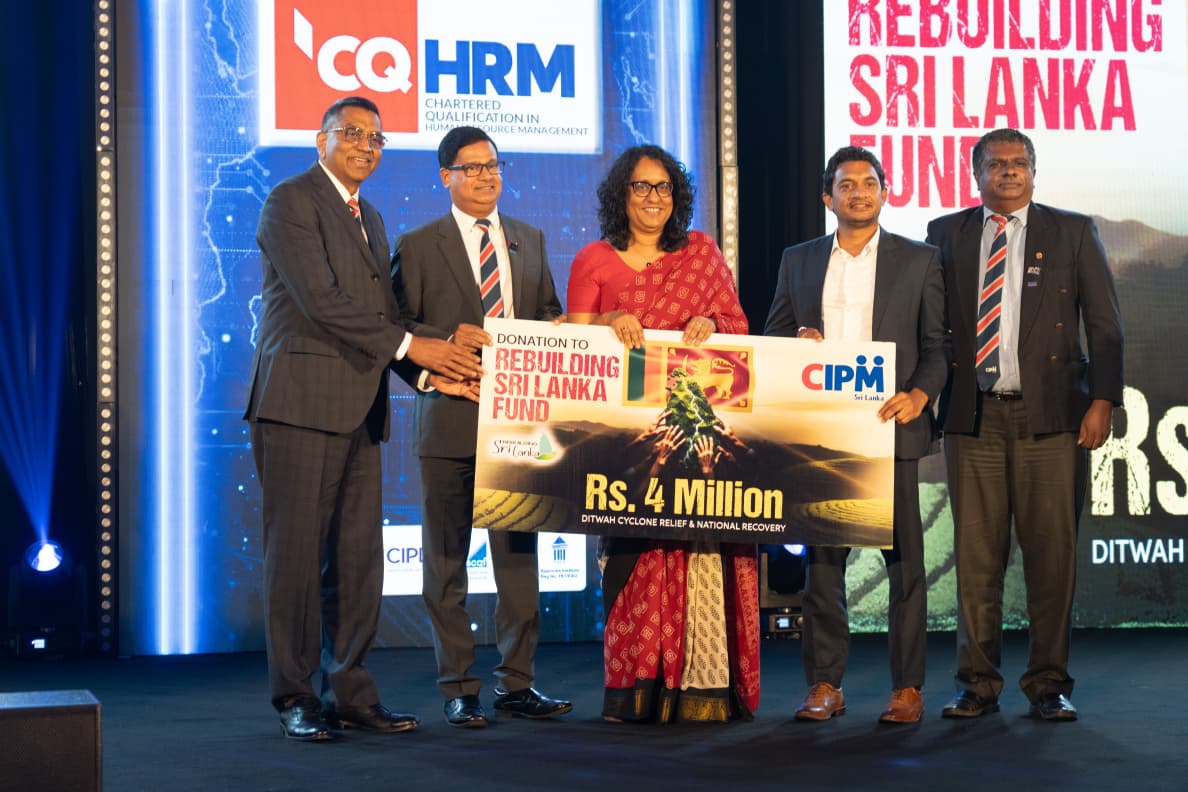
[Prime Minister’s Media Division]
Latest News
Advisory for Severe Lightning issued to the Western and Sabaragamuwa provinces and Nuwara-Eliya, Galle and Matara districts
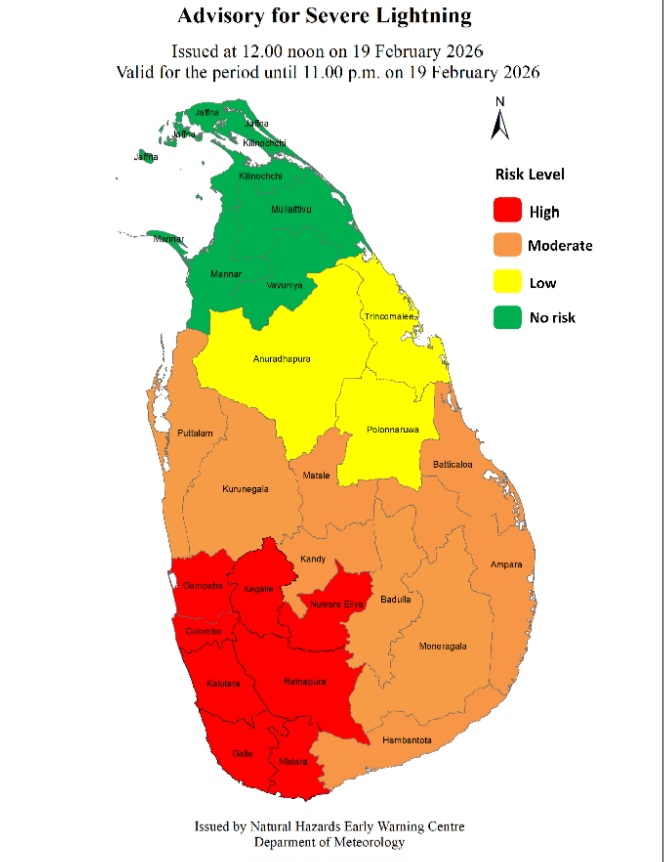
Advisory for Severe Lightning
Issued by the Natural Hazards Early Warning Centre at 12.00 noon 19 February 2026 valid for the period until 11.00 p.m. 19 February 2026
The public are warned that thundershowers accompanied with severe lightning are likely to occur at some places in in the Western and Sabaragamuwa provinces and in Nuwara-Eliya, Galle and Matara districts after 2.00 p.m.
There may be temporary localized strong winds during thundershowers.
General public is kindly requested to take adequate precautions to minimize damages caused by lightning activity.
ACTION REQUIRED:
The Department of Meteorology advises that people should:
Seek shelter, preferably indoors and never under trees.
Avoid open areas such as paddy fields, tea plantations and open water bodies during thunderstorms.
Avoid using wired telephones and connected electric appliances during thunderstorms.
Avoid using open vehicles, such as bicycles, tractors and boats etc.
Beware of fallen trees and power lines.
For emergency assistance contact the local disaster management authorities.
News
Navy and Coast Guard seize 04 Indian fishing vessels poaching in Sri Lankan waters
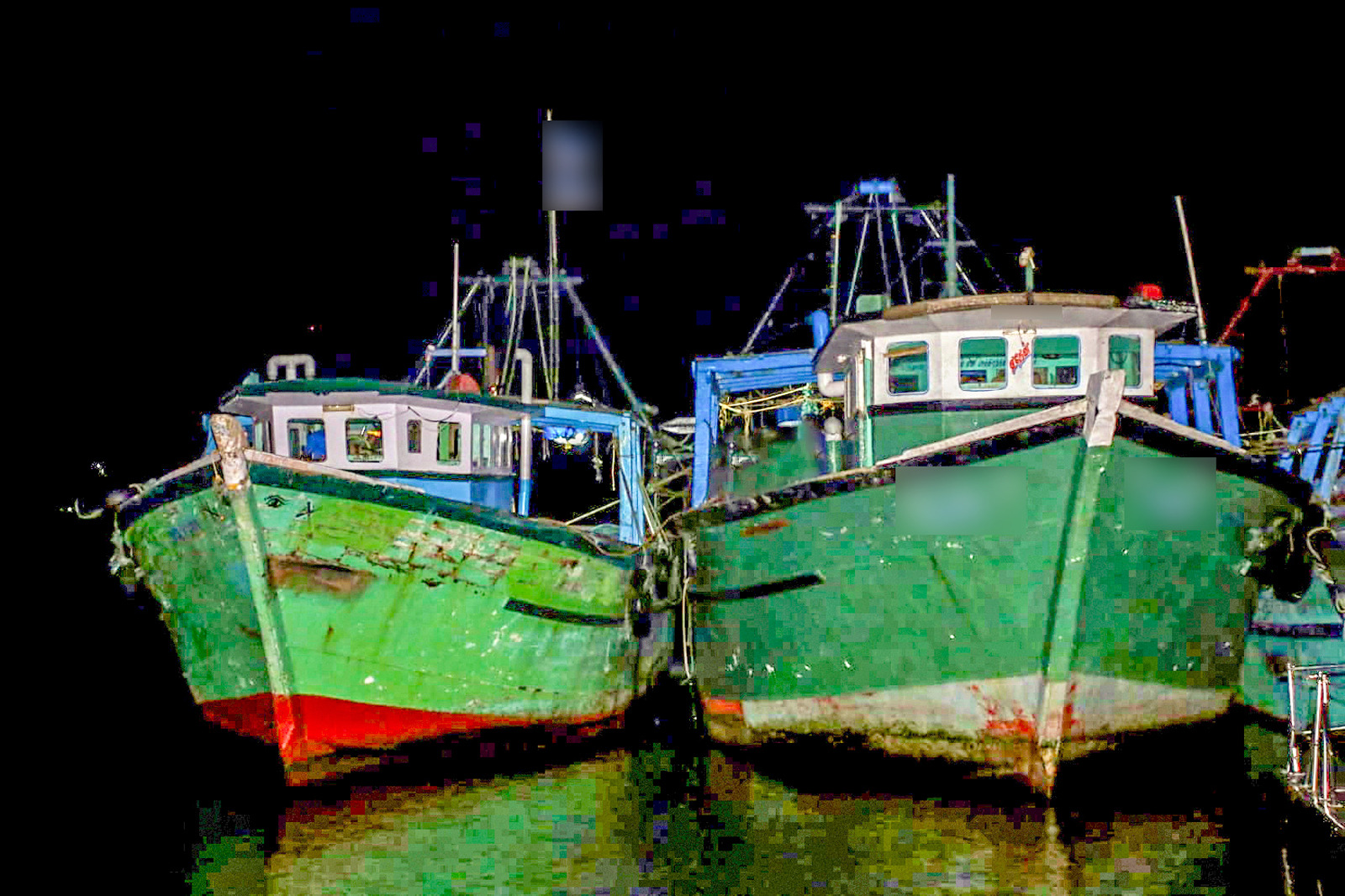
During operations conducted in the dark hours of 18 Feb 26, the Sri Lanka Navy and Coast Guard seized 04 Indian fishing boats and apprehended 22 Indian fishermen, while they were poaching in Sri Lankan waters north of Mannar and off the Delft Island, Jaffna.
Recognizing the detrimental effects of poaching on marine resources and the livelihoods of local fishing communities, the Sri Lanka Navy and Coast Guard continue to conduct regular operations as proactive measures to deter such activities. These efforts underscore the collective robust approach and steadfast commitment to safeguarding the nation’s marine ecosystems while ensuring the economic security and wellbeing of its citizens.
The 02 fishing boats along with the 10 fishermen held in Mannar were handed over to the Fisheries Inspector of Mannar and the remaining 02 fishing boats intercepted off the Delft Island, together with 12 Indian fishermen were handed over to the Fisheries Inspector of Myliddy for onward legal proceedings.
-

 Life style5 days ago
Life style5 days agoMarriot new GM Suranga
-

 Business4 days ago
Business4 days agoMinistry of Brands to launch Sri Lanka’s first off-price retail destination
-

 Features5 days ago
Features5 days agoMonks’ march, in America and Sri Lanka
-

 Features5 days ago
Features5 days agoThe Rise of Takaichi
-

 Features5 days ago
Features5 days agoWetlands of Sri Lanka:
-

 News5 days ago
News5 days agoThailand to recruit 10,000 Lankans under new labour pact
-

 News5 days ago
News5 days agoMassive Sangha confab to address alleged injustices against monks
-
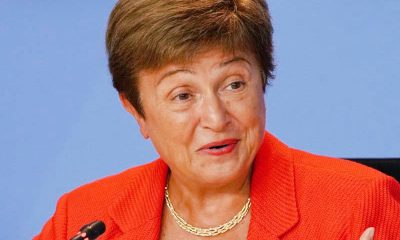
 News3 days ago
News3 days agoIMF MD here













